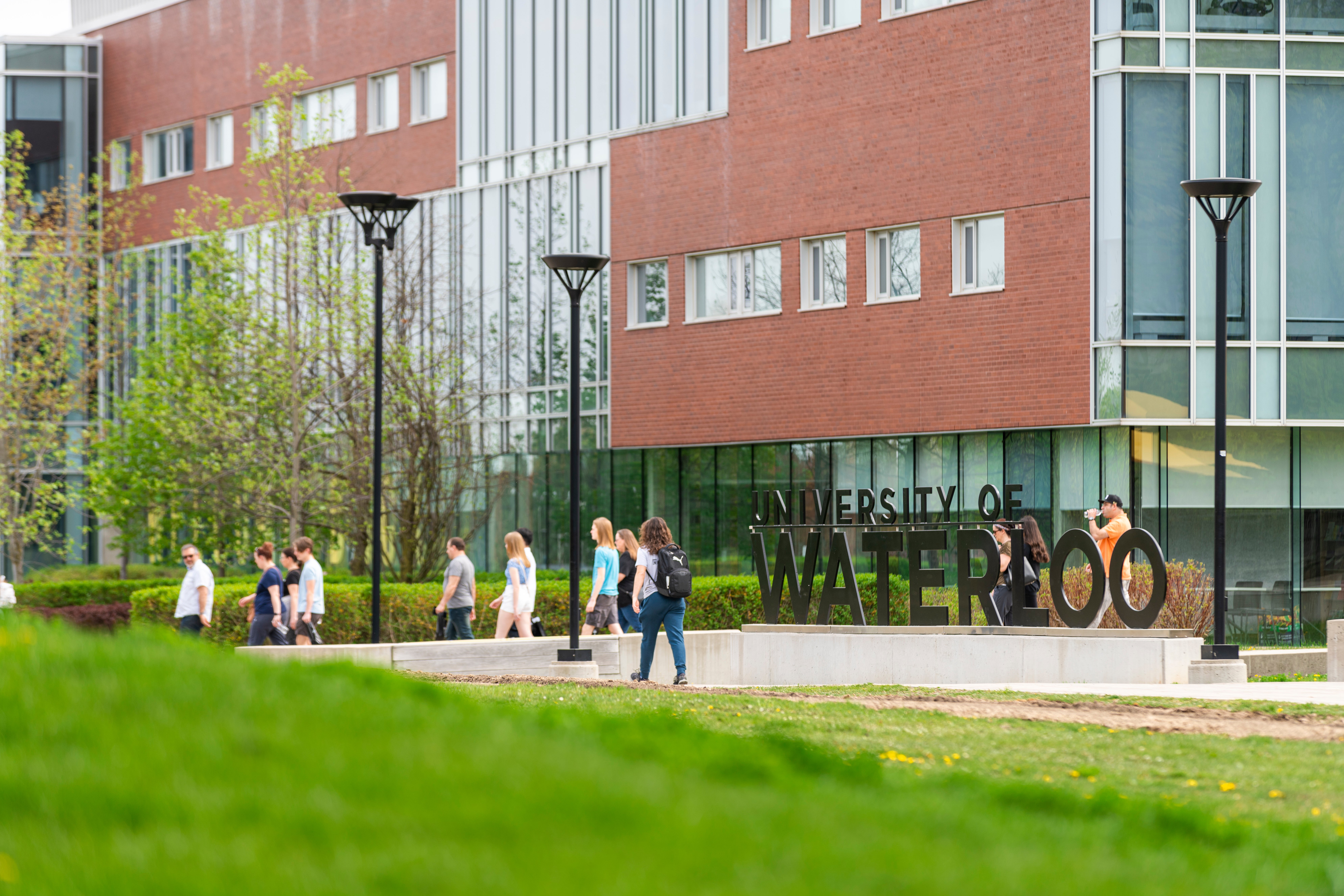




Welcome to the Department of Psychology
The Department of Psychology at UWaterloo offers several programs at the undergraduate and graduate level. Our faculty are internationally renowned and our graduate and undergraduate programs are consistently ranked among the top departments in Canada. Our department conducts high-impact research in each of the six major subdivisions of psychology listed below.


Resources
News
Geoffrey Fong awarded Doll-Wynder Award
Psychology is delighted to share that our colleague Geoff Fong has been awarded the Doll-Wynder Award from the Society for Research on Nicotine and Tobacco (the world’s leading professional society of the scientific study of nicotine and tobacco).
Why UW psychology ranks among the global elite
According to Academic Ranking of World Universities (ARWU), UW’s psychology department ranks among the top five in Canada, and within the top 100 globally. This distinction was earned through ARWU’s rigorous research-focused criteria which include the presence of highly cited researchers, publications in Nature and Science, and per-capita academic performance.
Dr. Kate Ratliff named Tier 1 Canada Research Chair
Please join us in celebrating that Dr. Kate Ratliff has been named a Tier 1 SSHRC Canada Research Chair in Intergroup Attitudes! Kate is an Associate Professor of Psychology and the area head of social psychology.
Along with her CRC, she has also received a grant from the Canada Foundation for Innovation’s John R. Evans Leaders Fund (CFI-JELF) to support her research infrastructure.
Congratulations!!!